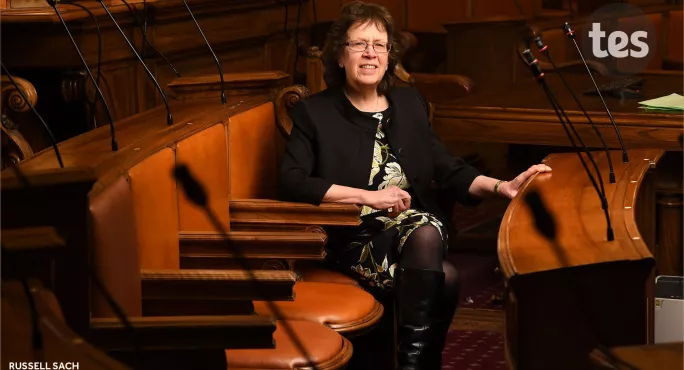Tens of thousands of children risk missing out on a secondary school place over the next five years as a third of local areas in England face being oversubscribed, an analysis of official data has predicted.
The Local Government Association (LGA) has warned that 11 council areas will face a shortfall next year - as a demographic bulge moves into secondary schools - unless more places are created.
An analysis by the LGA, which represents councils across England, suggests this will rise in successive years and by 2025/26, a total of 50 council areas face not being able to meet demand for 77,085 places.
Quick read: Fewer pupils might get first choice school place
Admissions: ‘Haphazard’ school system hinder choice, warn heads
Parents: Appeals over secondary school places is up
The organisation is calling for the government to use the forthcoming spending review to give councils powers to open new maintained schools - or direct academies to expand - to meet demand.
It comes after government figures in June revealed that the number of pupils in state secondary schools in England has risen by 81,300 to 3.41 million.
Department for Education figures have also shown that secondary school pupils numbers are expected to rise each year to 2025-26
As of January, the average class size in all secondary schools was 22 pupils, up from 21.7 last year.
Judith Blake, the chair of the LGA’s Children and Young People Board, said: “It continues to make no sense for councils to be given the responsibility to plan for school places but then not be allowed to open schools themselves.
“Councils do not want any families to have to face uncertainty over securing their child’s secondary school.
“But the number of pupils is growing at a far faster rate than the number of places available and councils need to be given the powers to help solve this crisis.”
Geoff Barton, general secretary of the Association of School and College Leaders (ASCL), said: “The number of secondary school pupils is rising and this does need to be carefully planned, but the LGA’s call for new powers slightly misses the point.”
He added: “The issue is how we ensure there is a sufficient number of places to meet demand for places in schools which are rated as ‘good’ or ‘outstanding’ by Ofsted, as these tend to be over-subscribed.
“The answer is to look at how we better support schools which face the greatest challenges so that every child has access to a place in a good school.”




